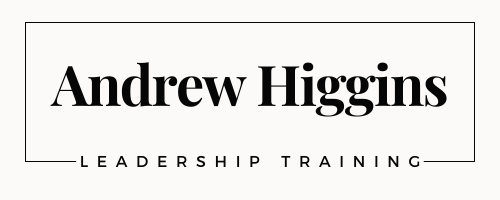How to set SMART Goals so you stick to them when you think you lack self-discipline.
It can take approximately 10 years to develop the required skills to become a black belt in Jiu Jitsu. Just over 10 years ago I started on this path. My program includes a personal fitness, strength, and a flexibility program. Added to this is 6 hours of training and coaching per week and an annual trip to Melbourne to compete with other members of the Will Machado Jiu Jitsu brotherhood.
Along the way I have lost approximately 15 kgs in weight and gained strength and muscle. Many parts of my body have received injuries including cracked ribs. Most of my competitors and teammates are much younger. They often ask how I keep going at my age? The answer is simply,
“I am always setting goals.”
My immediate goal is not to become a Black Belt. My immediate goal may be to train my body to become competent in a specific technique. To become proficient in that technique may require increased flexibility or additional strength. Do I want to become a Black Belt? Yes, I think about being good enough. The belt is a piece of material. It does not make me better at Jiu Jitsu. It is the steps along the way that move me toward being good enough to receive a Black Belt.
We are all trying to improve in something right? Whether we want to improve our health, improve our relationship or be more valuable at work. Many people are looking for ways to have greater self-discipline. In my leadership training I hear people lament their lack of self-discipline in being able to stick to their goals. One of those paths to support self-discipline is to set goals and objectives using a technique called SMART.
What is the SMART methodology?
The November 1981 issue of Management Review contained a paper by George T. Doran called
There’s a S.M.A.R.T. way to write management’s goals and objectives.
It discussed the importance of objectives and the difficulty of setting them. Ideally speaking, each corporate, department, and section objective should be:
- Specific – target a specific area for improvement.
- Measurable – quantify or at least suggest an indicator of progress.
- Assignable – specify who will do it.
- Realistic – state what results can realistically be achieved, given available resources.
- Time-related – specify when the result(s) can be achieved.
Angie Hamilton has written an excellent article called
How to set SMART goals for your team and implement them flawlessly This is how Angie Hamilton depicts SMART Goals.

How do you use SMART in personal goal setting?
To understand SMART, we will compare goal setting methods.

Miles Beckler has an excellent YouTube video on the important hack to goal setting.You can find the video using the hyperlink below.
The WRONG Type Of Goals Are Keeping You From Success & The RIGHT Way Revealed
Miles Beckler discusses the hack to the achievement of goals includes understanding the difference between;
“…Event goals versus process or system driven goals…most people set a goal that is based around an event. ‘When this happens, I will have achieved my goal’…it’s a specific event. That is the incorrect way to go about it for several reasons. When you set a gaol about an external event that has not happened yet you are constantly in a state of being in lack.”
Having future event-based goals reinforces the fact you do not have the thing you are seeking. You are reinforcing to your subconscious and to your egoic mind that you are in a state of lack. ‘My goal is to lose 10 kgs boy I have a long way to go!’
The opposite of this is a process driven goal. You determine the process which becomes the vehicle that transports you to your destination. This is an important psychological difference. Our subconscious is able to move from the reinforcement of lack ‘My goal is to lose 10 kgs boy I have a long way to go!’ to an affirmation that you are travelling in an efficient manner towards your destination. The more engaged you can become with the process or system the better the journey will be.

If we frame this correctly, the event – the loss of 10 kgs is supported by a rewarding journey being the process or system. A friend may ask, “How are you going with your diet? You set your self a goal to lose 10 kgs right?” Your response becomes, “Yes that is my goal but to tell you the truth I am really enjoying going to the gym 3 times a week. I feel warmer and more energised during the day. I am also sleeping a lot better which I read was also good for weight loss.”
Conclusion
If we set event-based goals in the future, we reinforce the fact we do not have the thing we seek and may in fact increase the affirmation to our subconscious that we have a long way to go. We are in fact reinforcing the deficiency.
We offset the lack by setting SMART process or system goals. This informs our subconscious we are actively achieving success now. We have success now because we are completing the process or system in the present. If we can make the process enjoyable and rewarding, we are able to have an enjoyable journey towards our goal.
Let me ask you. How are you at setting goals?
Are you SMART?
Do you have great process goals for your life?
Are you achieving what you would love to achieve?
